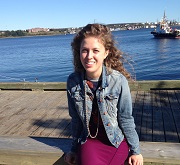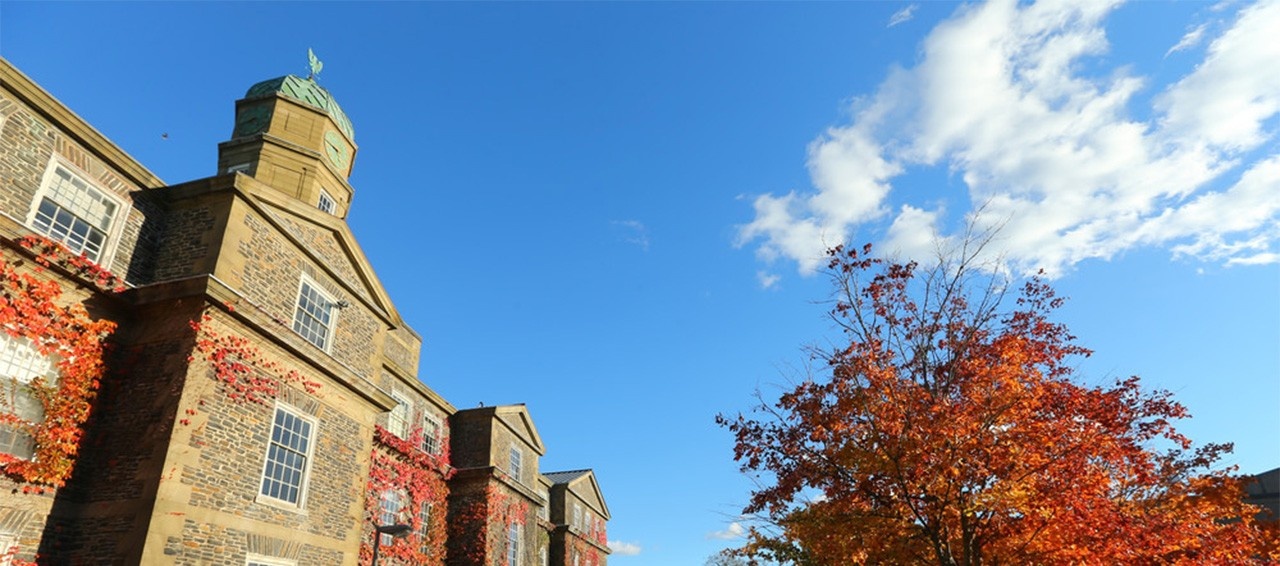Daisy Ramsden
 Ìý Ìý |
|
BA Honours History/French '13
When I joined the French department in 2009, I only expected to stay just so long as to complete the language requirement for my degree. This wasn’t because I was not interested in French – it was always one of my favorite courses in school – but because I imagined classes after first year to be beyond my skill level. Although I briefly took up residence in Paris between high school and university, I lacked confidence in my language skills and I envisioned these courses to be filled with Francophone, or at least comfortably bilingual, students. I am glad to say that I was wrong; the professors at ºÚÁϳԹÏÍødid an excellent job catering the classes to the different abilities of the students. By the end of my French degree at ºÚÁϳԹÏÍø, I was one of those comfortably bilingual students I had envisioned in my first year and I left the program with a combined honours degree in History and French in 2013.
The French program at ºÚÁϳԹÏÍøoffered me many opportunities for personal and professional growth. Upon the recommendation of a friend, I spent the 2011-2012 school year in Dijon, France, as a part of the department’s study abroad program. This program proved to be a formative educational moment for me. While in Dijon, I took classes in grammar, oral and reading comprehension, economics, literature, theatre and history. Beyond the classroom, I joined a theatre group for international students in which we worked on our improvisation skills and eventually performed a play in a local theatre. Many of the people I met while through this exchange are still close friends today.
My French language skills have also been an asset on the job market, both before and after graduation. I was fortunate to work as a bilingual historical interpreter in my hometown of St. Albert, Alberta during the summers of my undergraduate degree. Though I had been vaguely aware of it, I learned that my hometown was originally a Francophone Métis settlement and through this job, I connected with the vibrant Franco-Albertan community in Northern Alberta. I have also worked as a bilingual historical interpreter for the Federal government at the Canadian Museum of Immigration at Pier 21 in Halifax, Nova Scotia.
Since receiving my undergraduate degree, I have continued my studies in history. Although my master’s degree focused on seventeenth-century Jamaica, and therefore took me away from French, I will use my French skills in my PhD at Johns Hopkins University, which I will begin in the fall of 2015. I’m looking forward to dusting off my French skills to delve into manuscripts and research the connections between the French and British Caribbean in the seventeenth century.
